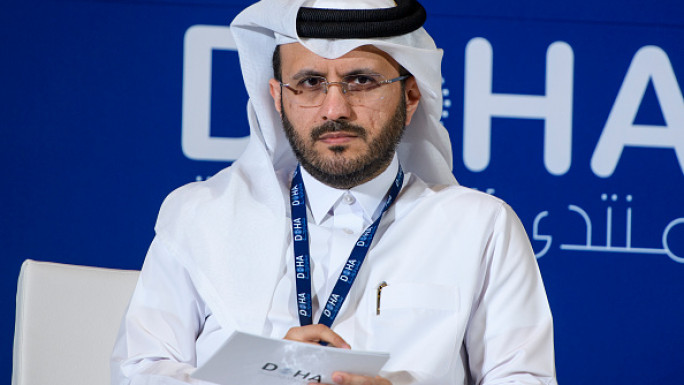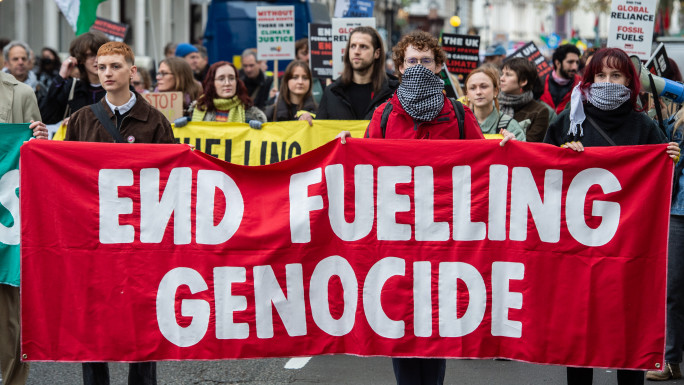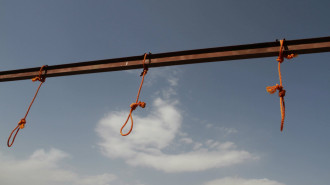Facebook Messenger calling service banned in Saudi Arabia
Facebook Messenger's voice and video calls have been blocked in Saudi Arabia, in the latest move by authorities to clamp down on social media users making free phone calls on the internet.
Saudi Facebook users reported late on Monday that to their dismay the free application's internet voice calls were no longer working.
The Saudi Communications and Information Technology Commission [CITC] has yet to issue a statement on the block, but neither Facebook nor any of the other three internet service providers in the kingdom have made any comments regarding the ban.
Facebook Messenger joins the long list of internet-calling apps blocked in Saudi Arabia.
Widely popular apps such as Viber and WhatsApp's calling features have faced similar restrictions since last year.
Many confused Saudis and expats have taken to social media to complain about the Facebook Messenger calling ban:
Twitter Post
|
Translation: "Facebook calls have been banned in Saudi Arabia. This is the first decision after the establishment of the Authority for Entertainment, seems they're not interested in our entertainment" – a reference to the recent establishment an independent body for entertainment as part of Riyadh's Vision 2030 project.
Twitter Post
|
Translation: "God curse them, they've banned Facebook Messenger calls."
Facebook Messenger calls lets users make domestic and international phone calls for free, using their mobile phones' internet connection rather their cellular plans' voice minutes.
Conventional international calls and texts are a lucrative earner for telecom operators in Saudi Arabia, which hosts around ten million expatriates.
The rise of foreign workers using mobile phone apps to communicate with relatives abroad, leading to lost revenues for operators, has reportedly prompted the ban of their services.
Many people have turned to less popular apps and VPN services to circumvent the restrictions.
Funnily enough, the ban comes weeks after Saudi Arabia's deputy crown prince Mohammad bin Salman said that he sees "elements" of Facebook founder Mark Zuckerberg in himself.

![Sabra neighbourhood strikes [Getty]](/sites/default/files/styles/image_684x385/public/2185030803.jpeg?h=a5f2f23a&itok=6AkMT_OO)





![Kamal Adwan Hospital [Getty]](/sites/default/files/styles/image_330x185/public/2184363931.jpeg?h=38d368d7&itok=LTbDYIDB)